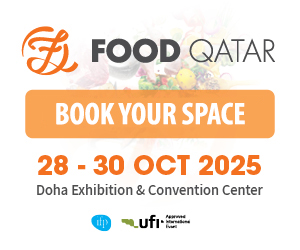Despite holding 60% of the world’s available arable land and having a population deeply reliant on agriculture, Africa currently contributes only about 10% of global agricultural output. This disparity highlights the urgent need to address both structural challenges and environmental pressures that impede food security across the continent.
The Agriculture Paradox
Agriculture is a lifeline for Africa, providing livelihoods for 70% of its population. However, the sector faces numerous hurdles that stymie productivity. Outdated farming techniques, chronic underinvestment, and limited access to modern technologies are common. Smallholder farms—often low in mechanization and essential inputs like seeds and fertilizers—struggle to meet rising food demands. Urban-biased policies further exacerbate the issue, neglecting the rural areas where most food is produced. Poor infrastructure, including inadequate roads, storage, and irrigation, severely limits market access, increases post-harvest losses, and reduces farmers’ incomes.
Women, who make up a large part of the agricultural workforce, face restricted access to productive resources and secure land tenure, adding another barrier to agricultural development. Removing these obstacles and empowering women could unlock significant agricultural potential, helping to bridge the gap between Africa’s agricultural promise and its output.
Food Security and Human Development
Food security in Africa is intrinsically linked to human development. According to the United Nations Development Programme (UNDP), Africa accounts for one-quarter of the world’s multidimensional poverty, with approximately 456 million people living in deprivation. Food insecurity perpetuates poverty, as undernourishment limits productivity, hinders education and employment, and exacerbates long-term economic challenges. Malnutrition among children is particularly concerning, as it impairs cognitive development, diminishing future potential and economic growth.
Meanwhile, climate change, deforestation, and soil degradation threaten Africa’s agricultural sustainability. These environmental pressures, combined with limited resources, make achieving long-term food security a complex challenge.
A Pathway to Food Security
While challenges abound, Africa’s agricultural future is not without hope. Sustainable policies and targeted investments could revitalize the sector and ensure food security. Increasing productivity among smallholder farmers, promoting sustainable farming practices, and expanding access to modern tools are vital. Financial support and training programs can further enable farmers to improve their yield.
Empowering women farmers and developing rural infrastructure—key to reducing post-harvest losses and enhancing market access—are essential steps. Resilience-building initiatives can help communities cope with climate and economic shocks, while improved nutrition policies would protect vulnerable populations, particularly children, from food shortages.
Adding value to agricultural products through agro-industrial investments can stimulate rural economies and create job opportunities, ensuring that more of Africa’s agricultural wealth stays within the continent. By tackling root causes of hunger, such as poverty, climate change, and underinvestment, Africa can harness its vast potential not only to feed itself but also to contribute significantly to global food security.
With the right policies and investments, Africa’s agricultural sector can thrive, moving the continent closer to food self-sufficiency and economic prosperity.














































































